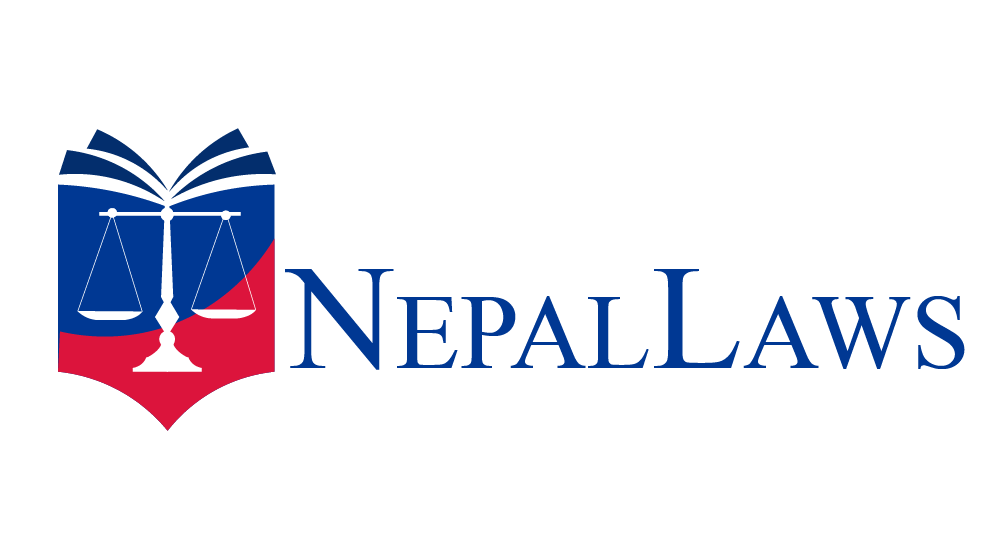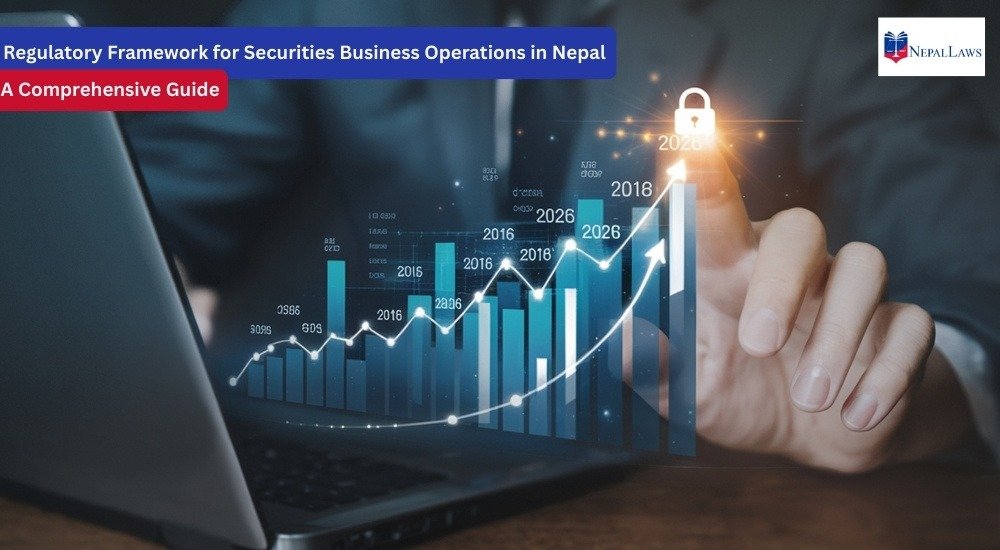Suspicious Transaction Reports (STR) are a critical component in the global fight against money laundering and financial crimes.
With the rising complexity and risk of global financial crimes, Nepal has fortified its anti-money laundering (AML) and counter-financing of terrorism (CFT). The Money Laundering Prevention Act 2064 (MLPA) and the subsequent publication of detailed Suspicious Transactions Reporting Guidelines by the Financial Information Unit-Nepal (FIU-Nepal).
Together, these legal and regulatory instruments play a crucial role in safeguarding the financial system from criminal abuse.
In the context of AML compliance, STRs serve as an early warning system, helping regulatory authorities identify and investigate illegal financial behaviour.
What Is a Suspicious Transaction Report (STR)?
Suspicious transactions are those that do not match a customer’s normal behaviour or transaction patterns, or that appear unusual based on their profile.
According to Section 7(S)(1) of the Asset (Money) Laundering Prevention Act, 2008 (ALPA), if a reporting entity (like a bank or financial institution) comes across anything unusual about a customer, transaction, or property, they must file a Suspicious Transaction Report (STR) to the Financial Information Unit (FIU-Nepal) within three days, as far as possible.
An STR includes detailed information about transactions that look suspicious, doubtful, or unusual. The main purpose of filing an STR is to help the FIU-Nepal identify people, groups, or organizations that might be involved in crimes listed under ALPA.
In fact, STRs have helped law enforcement agencies in starting or supporting major investigations related to money laundering, terrorist financing, and other serious crimes.
Key Provisions:
- No asset obtained through criminal activity may be laundered, transferred, or disguised.
- Financial and non-financial institutions must implement robust internal controls to detect and deter suspicious transactions.
- The Act empowers the FIU-Nepal to issue directives and require all reporting entities (REs) to file STRs and cooperate with investigations.
- Penalties and sanctions are imposed for non-compliance, including fines and prosecution of offenders.
Who Must Report?
Reporting Entities (REs) include banks, financial institutions, insurance companies, securities firms, money remitters, cooperatives, and designated non-financial businesses and professions (DNFBPs) such as real estate agents, accountants, lawyers, casinos, and dealers in precious metals or stones.
This requirement is based on Section 7(P) of the Asset (Money) Laundering Prevention Act, 2008 (ALPA).
What to Report?
Any completed or attempted transaction that gives rise to a reasonable suspicion of money laundering, terrorist financing, or related criminal activity must be reported, regardless of transaction size, type (cash or non-cash), or method.
The STR should include:
- Summary of suspicious activities
- Supporting evidence (updated KYC, account statements)
- Details about suspected beneficiaries or associated parties
- Correct identifiers for individuals (name, citizenship, address) and legal entities (company name, registration number)
- Analysis or narrative explaining suspicion

Documents Required When Reporting an STR
When submitting a Suspicious Transaction Report (STR) to FIU-Nepal, it is important to include the necessary documents that support and explain the suspicious activity.
These documents help FIU better understand the context and background of the transaction. There are two criteria:
If the Suspicious Transaction Involves a Person
- Account Opening Form
- Updated KYC documents (including relationship information)
- Account Statement
- A summary of the suspicious activity
- Any mews articles or other relevant documents
If the Suspicious Transaction Involves a Business Entity
- Account Opening Form
- Businesses Registration Certificate
- Updated KYC documents (including relationship information)
- Account Statement (if Available)
- Information about the holding company, subsidiaries, or group companies
- A summary of the suspicious activity
- Any mews articles or other relevant documents
Indicators of Suspicious Transactions
The guidelines categorize red flag indicators into general and sector-specific types, such as:
- Structuring or smurfing (numerous small transactions just below reporting thresholds)
- Businesses Registration Certificate
- Transactions inconsistent with customer profiles or business nature
- Account Statement (if Available)
- Use of third parties, unexplained wealth growth, frequent large foreign or offshore transfers
- Sudden account activity in dormant accounts, complex or economically irrational transactions
- Suspicious behaviour during onboarding or transaction processes
Sector-Specific Examples:
- Real estate purchases inconsistent with declared income
- Insurance policies purchased in lump sums and cancelled early
- Unexplained wire transfers or remittances
- NGOs/INGOs receiving or disbursing foreign funds without oversight
The guideline emphasizes that the presence of an indicator does not automatically confirm criminal activity but requires scrutiny and, if suspicion remains, prompt filing of an STR.
Reporting Guidance for STR
To ensure effective monitoring and control of suspicious financial activities, all Reporting Entities (REs) are required to follow specific procedures when submitting Suspicious Transaction Reports (STRs) or Suspicious Activity Reports (SARs) to FIU-Nepal.
Here is the way:
- Some reporting entities, like banks, financial institutions (BFIs), insurance companies, securities brokers, and selected others, must submit STRs/SARs electronically through the goAML web reporting system.
- Reporting through using the goAML software, and here are the procedures:
- goAML Operational Guideline for Res
- standard XML Reporting Instructions and Specifications
- goAML Web Reporting Guideline issued by FIU-Nepal
- Before reporting, entities should understand the reason and background of the transaction and provide all available and necessary details in the goAML system.
- Suspicious transaction reports must be sent to FIU-Nepal via the Compliance Officer, following clear internal procedures that all employees must adhere to.
- STRs/SARs should be reported as soon as possible, but no later than three working days after confirming there are valid grounds to suspect that the transaction is linked to money laundering or terrorist financing.
- If new facts come to light, either confirming or disproving the original suspicion, the reporting entity must update FIU-Nepal accordingly.
Conclusion
The synergy between Nepal’s Money Laundering Prevention Act 2064 and FIU-Nepal’s STR Guidelines ensures a robust apparatus for identifying and reporting suspicious transactions. Mandatory reporting, expansive red flag indicators, strict timelines, and confidentiality obligations are key instruments in Nepal’s fight against financial crime, terrorism financing, and abuse of the economic system.




